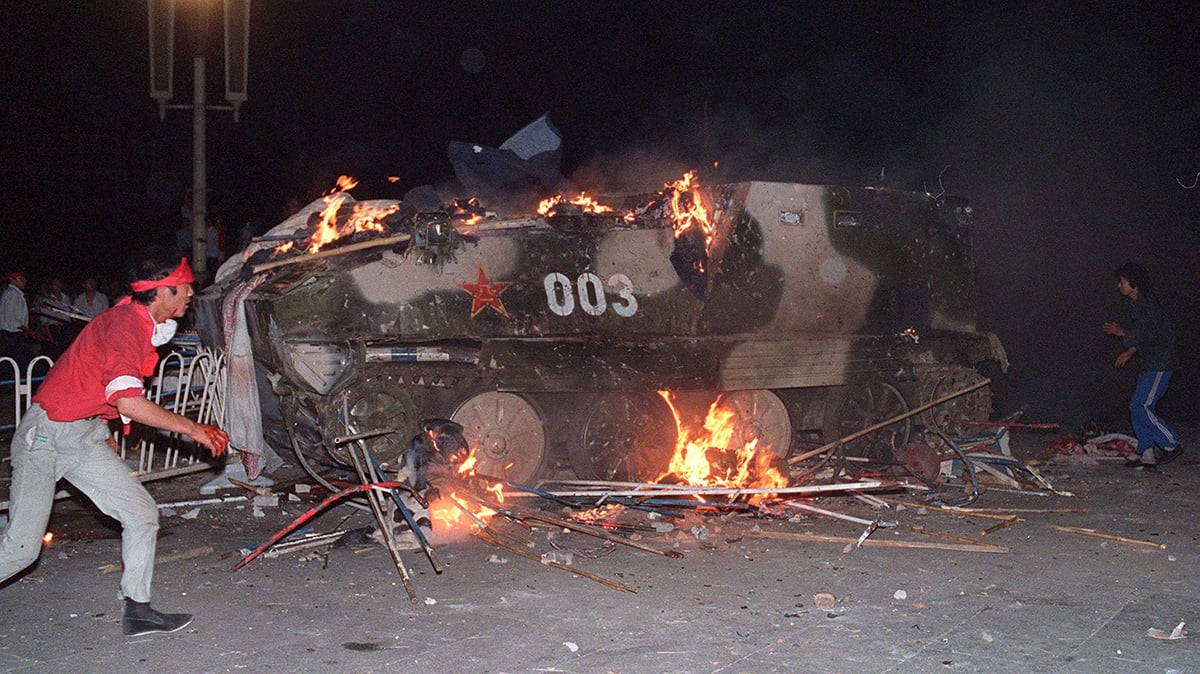In yet another example of capitalism’s sickening disregard for human life, 111 workers died in an enormous factory fire that broke out Nov. 24 in Dhaka, the capitol of Bangladesh. The factory is owned by Tazreen Fashions, a company that is part of the booming garment industry. Three million workers, the majority of them women, are employed in this sector that accounts for 80 percent of the country’s exports.
Tazreen produces clothing for many retail giants, including Sears, ENYCE, and Walmart. While many of these Western corporations are now hypocritically trying to distance themselves from the factory fire, their subcontracting policies expose these cynical statements. Inspectors from Walmart, for instance, declared that Tazreen was responsible for “violations and/or conditions which were deemed to be high risk,” but that they would only discontinue their relationship with companies that received three of these negative assessments over the course of two years.
Workers reported that when people initially began to flee the fire—apparently an act of arson—managers tried to prevent their employees from leaving, unwilling to sacrifice even a moment of profit. The factory lacked sufficient emergency exits and was woefully unprepared to deal with a fire. There are also reports that management padlocked several doors, normally a draconian measure to prevent workers from leaving their shift that in this instance trapped scores of people in the inferno.
These practices are common in the Bangladeshi garment industry. While the Tazreen fire was exceptionally deadly, over 500 workers have been killed in factory fires since 2006.
This is not simply the result of the negligence of a few inspectors or managers. The more resources are directed towards improving working conditions, the fewer there are for the factory owners and their western clients to pocket. This callous and horrifying logic, driven by fanatical devotion to the maximization of profit, is an inherent feature of the capitalist system itself. Because of this systemic, conscious and malicious disregard for workers’ lives, the Tazreen fire was not a simple tragedy—it was an act of mass murder by the capitalist class.
Workers fight back
Thousands of workers have taken to the streets to express their outrage at this atrocity and demand justice for the families of the dead. Demonstrations were not just isolated to the Tazreen factory. Workers from many different workplaces and industries, knowing that they deal with similar conditions and face the possibility of a similar tragedy, joined Tazreen employees in daily mass displays of class unity and militancy.
The Bangladeshi government’s initial reaction was to brutally suppress these protests. On Nov. 28 police attacked a gathering of thousands of workers with clubs, rubber bullets and teargas, injuring dozens.
But as resistance continues, authorities have attempted to appease the spreading anger by arresting three managers who were charged with preventing workers from escaping the fire. While these supervisors should without a doubt be held accountable, it is clear that they are simply low-level scapegoats meant to diffuse growing outrage. Officials have made it clear that they have no intentions of taking action against the factory owners or their clients.
Countless workers have died all over the world in disasters similar to the Tazreen fire, victims of the capitalist class’ never-ending search for profit. There are clear parallels between the fire in Bangladesh and the infamous 1911 Triangle Shirtwaist Fire in the United States. To ensure safety and dignity on the job, there is only one basic way forward for poor and working people—organize, fight and ultimately take power.




